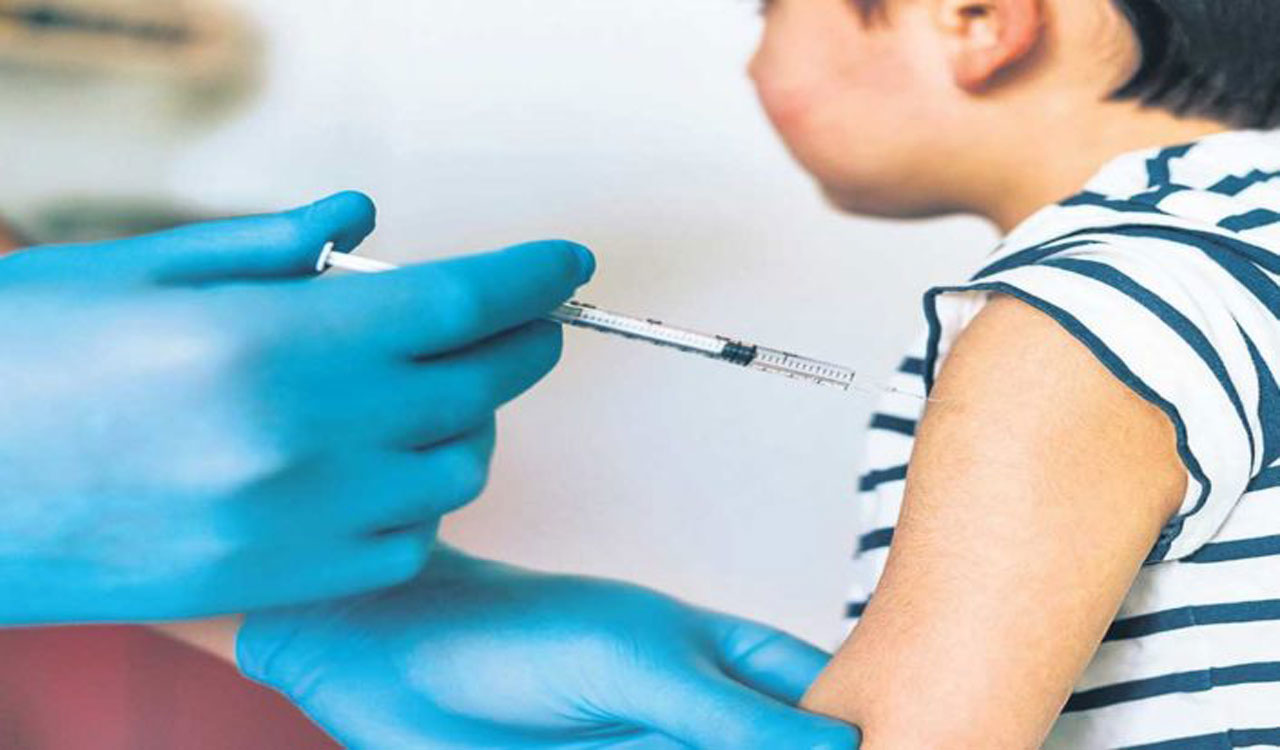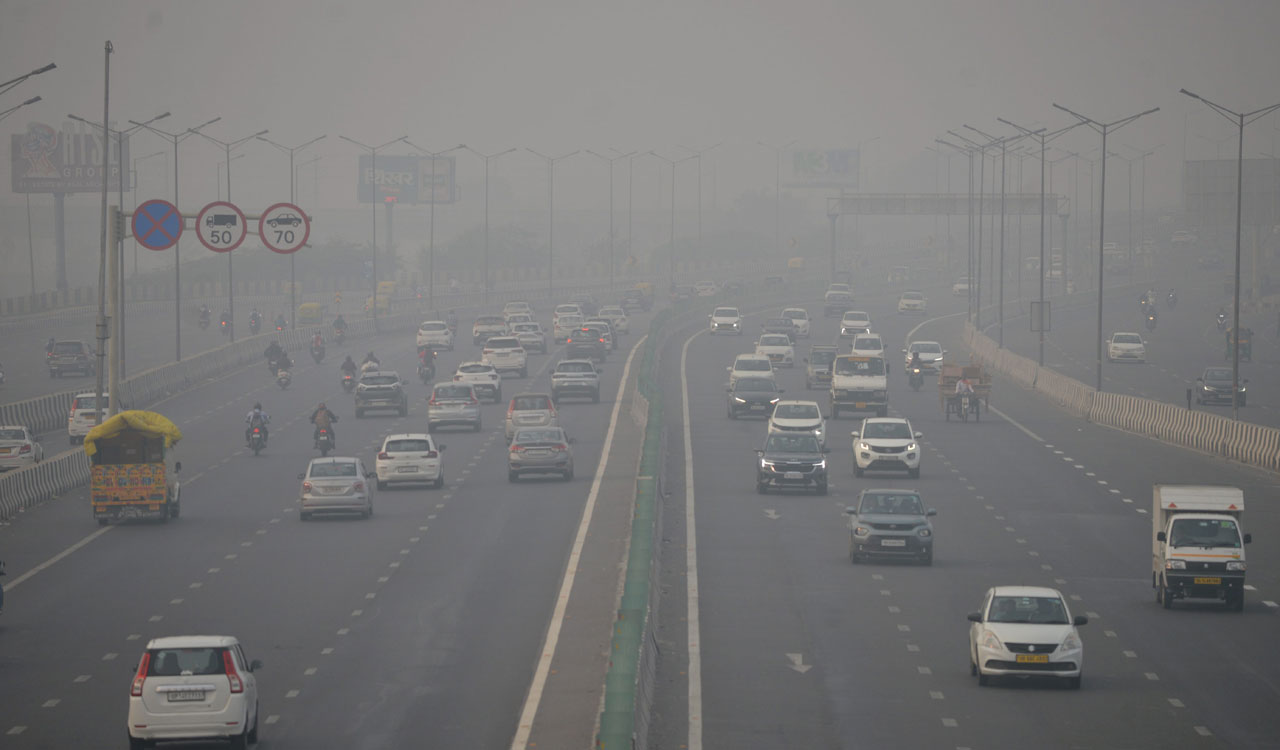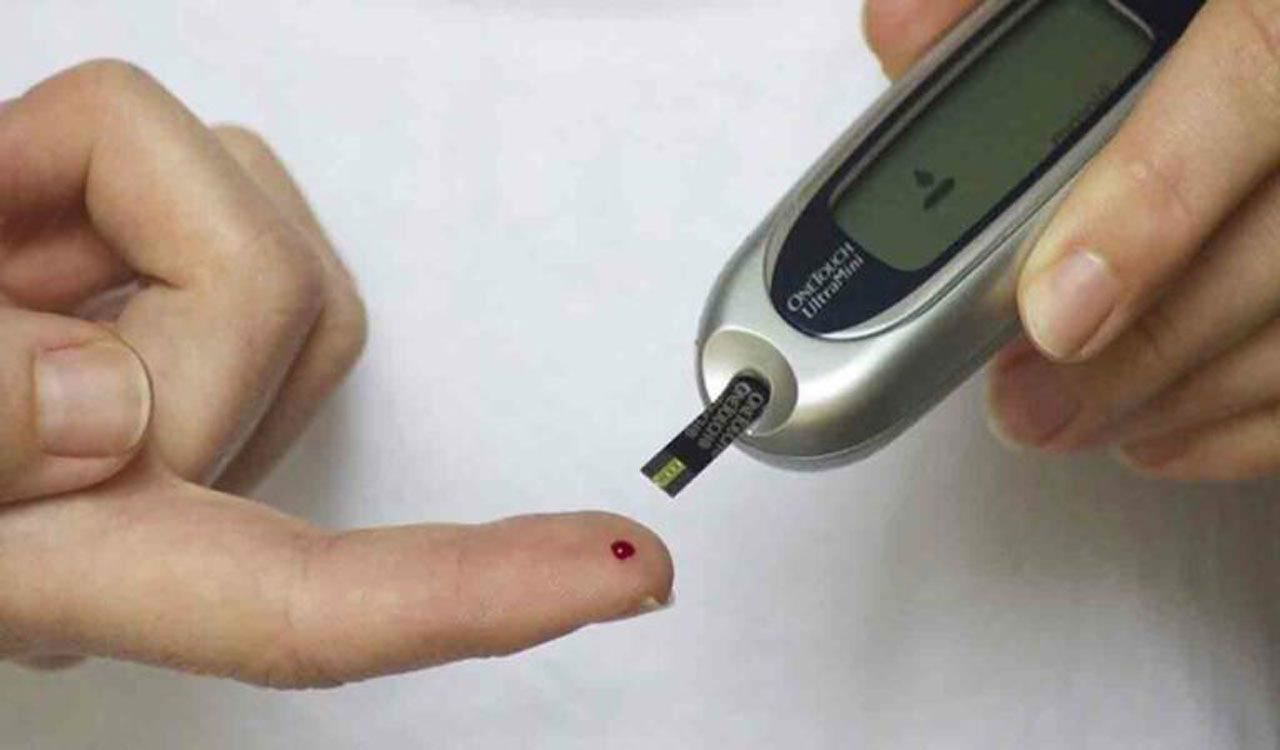Opinion: Continue basic immunisation of children
Don’t change immunisation schedule and adhere to age-specific recommendations on vaccines
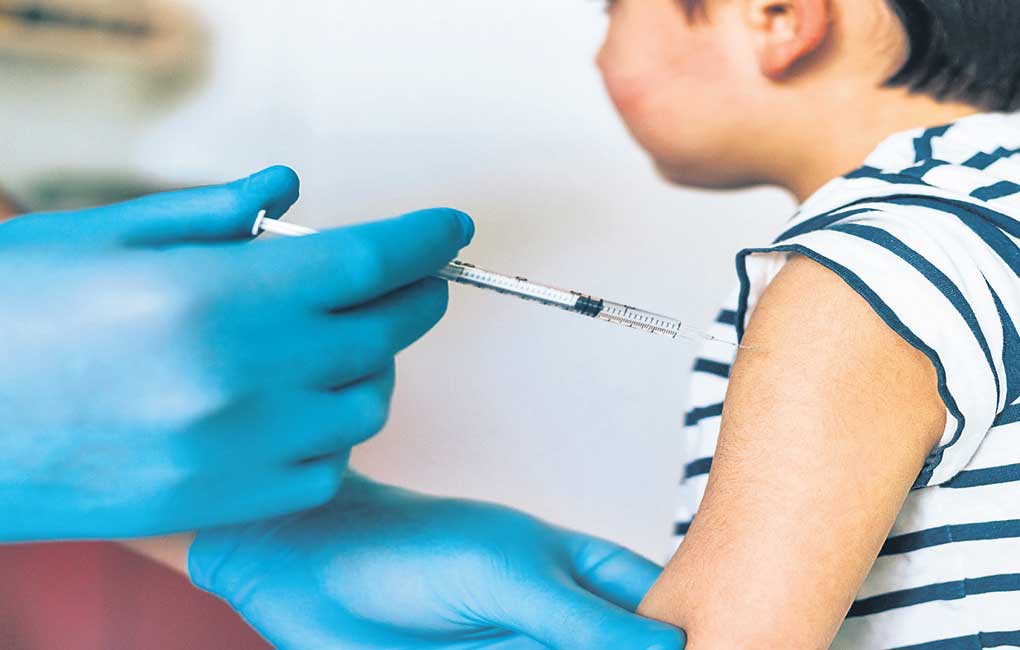
By Dr Surendranath M
Immunisation is one of the most effective and cost-effective ways to protect children’s lives. Globally, 1.5 million deaths could be avoided if children were vaccinated. But only one-third of children in India receive full immunisation during the first year of their life. Despite clear evidence around the power of vaccines to save lives and control disease, millions of young children around the world are missing out, putting them and their communities at risk of disease and deadly outbreaks.
Effect of Covid
The Covid-19 pandemic has adversely impacted every aspect of life. Primary healthcare services, including immunisation, have been disrupted, putting women and children at risk for vaccine-preventable diseases. A recent World Health Organization (WHO) survey found that 37% of countries’ programmes for routine immunisations were disrupted.
Twenty-three million children missed out on basic childhood vaccines through routine health services in 2020, 3.7 million more than in 2019. Up to 17 million children did not receive a single vaccine during the year, widening already immense inequities in vaccine access.
India is experiencing a particularly large drop, with DTP-3 coverage falling from 91% to 85%. Most of these children live in communities affected by conflict, in under-served remote places, or in informal or slum settings where they face multiple deprivations. including limited access to basic health and key social services.
Causes for the Fall
Fear of getting the infection, social distancing norms and other infection prevention control practices have affected health-seeking behaviour and routine visits to healthcare facilities. The primary focus of public health has been diverted towards preparedness and containment of the Covid-19 pandemic in the country. But this has led to all other preventive health activities being relegated to the background. This requires our urgent attention and prompt action. We need to address the common queries related to routine immunisation in children, during the Covid pandemic scenario.
What Can be Done
GAVI, a global health partnership of public and private sector organisations dedicated to “immunisation for all”, governments and development partners need to come together for focused efforts to restore routine immunisation. The following are key actions suggested for all stakeholders:
• Restoring services and vaccination campaigns so countries can safely deliver routine immunisation programmes during the COVID-19 pandemic
• Helping health workers and community leaders communicate actively with caregivers to explain the importance of vaccinations
• Rectifying gaps in immunisation coverage, including identifying communities and people who have been missed during the pandemic
• Ensuring that Covid-19 vaccine delivery is independently planned for and financed and that it occurs alongside, and not at the cost of childhood vaccination services.
• Implementing country plans to prevent and respond to outbreaks of vaccine-preventable diseases, and strengthen immunisation systems as part of Covid-19 recovery efforts
Way Forward
The Advisory Committee on Vaccines and Immunisation Practices (ACVIP) recommends that all routine vaccinations be administered as scheduled, even during the Covid-19 pandemic. The benefits of immunisations far outweigh the associated risks.
During the 2014-2015 Ebola outbreak in Africa, the increased number of deaths caused by measles, malaria, HIV/AIDS and tuberculosis attributable to health system failures, exceeded deaths from Ebola itself. Multiple disease outbreaks would be catastrophic for communities and health systems already battling Covid-19, making it more urgent than ever to invest in childhood vaccination and ensure every child is reached.
The risk of Covid can be minimised if the recommended Covid-19 related norms are observed in the immunisation session. Currently, there is no evidence that there is any risk to the child even if vaccination is done during the incubation period of Covid-19. The efficacy and safety of the administered vaccines would be the same.
There is no need for a change in the immunisation schedule and all pending vaccines may be administered as applicable. Birth dose vaccination should be continued at all health facilities with delivery points after ensuring due cold chain. The age-specific recommendations of giving vaccines should be followed. Multiple vaccines can be administered in the same session without fear of any increased adverse effects.
Immunization Agenda 2030
WHO, UNICEF and development partners announced the ‘Immunization Agenda 2030’ (IA2030), with the goal of bolstering vaccinations worldwide and reaching 90% coverage in children. It aims to maintain hard-won gains in immunisation, recover from the disruptions caused by Covid-19.
IA2030 has four core principles: it puts people in the centre, is led by countries, implemented through broad partnerships, and driven by data. IA2030 goals are designed to inspire action for implementation and support efforts to improve health security, universal health coverage, access and equity for immunisation and innovation.
For countries, this could mean setting country-specific targets and milestones for the decade toward those goals. For regions, this could mean contextualising global goals and setting specific targets and milestones in Regional Vaccination Action Plans. For partner organisations, this could mean aligning organisational strategies and indicators to support the attainment of IA2030 goals.
Let us come together to ensure that everyone, everywhere, at every age, fully benefits from vaccines to improve health and well-being.
(The author is President, Indian Academy of Pediatrics, Telangana)
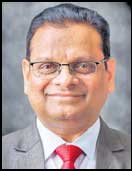
Dr Surendranath M
Now you can get handpicked stories from Telangana Today on Telegram everyday. Click the link to subscribe.
Click to follow Telangana Today Facebook page and Twitter .
Related News
-
Hyderabad auto driver foils attempt to kidnap young woman, five held
35 mins ago -
Haiti gang attack on journalists covering hospital reopening leaves 2 dead, several wounded
2 hours ago -
21 dead as Mozambique erupts in violence after election court ruling
2 hours ago -
Cartoon Today on December 25, 2024
10 hours ago -
Sandhya Theatre stampede case: Allu Arjun questioned for 3 hours by Chikkadpallly police
10 hours ago -
Telangana: TRSMA pitches for 15% school fee hike and Right to Fee Collection Act
11 hours ago -
Former Home Secretary Ajay Kumar Bhalla appointed Manipur Governor, Kerala Governor shifted to Bihar
11 hours ago -
Hyderabad: Organs of 74-year-old man donated as part of Jeevandan
11 hours ago

